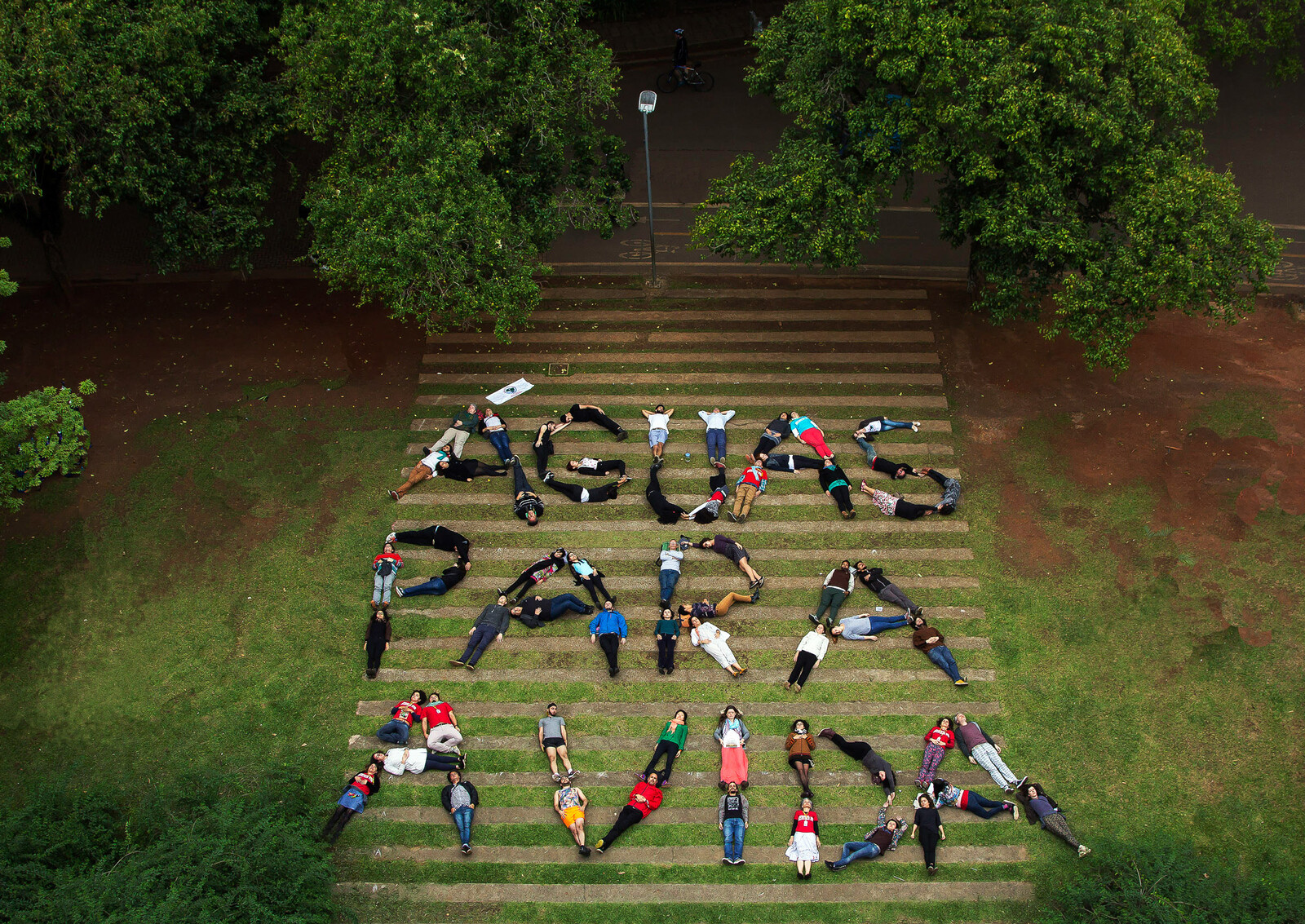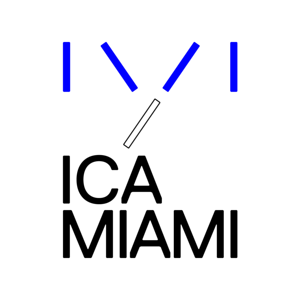Third annual seminar series dedicated to exploring the intersection of climate change and cultural production
July 8–18, 2019
61 NE 41st Street
Miami, Florida 33137
United States
Hours: Tuesday–Sunday 11am–7pm
hello@icamiami.org
This July, the Institute of Contemporary Art, Miami (ICA Miami) convenes the third annual Art + Research Center (A+RC) Summer Intensive, which addresses the ways in which urgent climate issues and anthropogenic effects apply pressure to contemporary cultural production. The 2019 semester runs July 8 through 18, and continues ICA Miami’s rigorous education and public programming through the Summer. Applications are available online at icamia.org beginning May 30 through June 27, 2019.
Developed by ICA Miami’s Curator of Programs, Gean Moreno, the Art + Research Center is the first museum-based research department in South Florida focused on theoretical inquiry. A+RC’s field-advancing curricula includes application-based graduate-level seminars and workshops, as well as free lectures and programs offered to the general public with a focus on fostering the next generation of socially-minded cultural producers in Miami and beyond.
The Art + Research Center 2019 Summer Intensive encompasses three seminars ranging from very specific discussions related to Miami’s immediate conditions to more abstract probing around what it means to think and produce art on a planet that is rapidly changing. Summer Intensive visiting faculty include theorists and cultural producers from around the country and Miami. Each seminar culminates in a free public lecture led by the visiting faculty.
Visiting Faculty
Kathryn Yusoff is Professor of Inhuman Geography in the School of Geography at Queen Mary University of London. Her research focuses on earth sciences, black feminist theory, geophilosophy and political aesthetics in the Anthropocene. Recent publications include, A Billion Black Anthropocenes (University of Minnesota Press, 2018), a special issue on “Geosocial Formations”(2017) for Theory, Culture and Society and “Geologic Realism” (2019) in Social Text. She is currently finishing a book on “Geologic Life” that addresses the geologies of race under colonialism and their afterlives in the grammars of materiality in the Anthropocene.
Emily Eliza Scott is an interdisciplinary scholar, artist, and former park ranger focused on contemporary art and design practices that engage pressing (political) ecological issues, often with the intent to actively transform real-world conditions. Currently a joint professor in the History of Art and Architecture & Environmental Studies at the University of Oregon, she was formerly a postdoc at the Inst. for the History and Theory of Architecture at ETH Zurich and holds a PhD in contemporary (post-1945) art history from UCLA. Her writings have appeared in Art Journal, Art Journal Open, American Art, Third Text, The Avery Review, Field, and Cultural Geographies as well as multiple edited volumes and online journals; her first book, Critical Landscapes: Art, Space, Politics, coedited with Kirsten Swenson, was published by the University of California Press in 2015. At present, she is developing a monograph on contemporary art and geological imaginaries; a coedited volume on art, visual culture, and climate change; and new courses on land art, Anthropocene debates, and “unnatural disasters.” She is also a core participant in two long-term, collaborative art projects: the Los Angeles Urban Rangers (2004-) and World of Matter (2011-). Her work has been supported by major grants/awards from Creative Capital, the College Art Association, Graham Foundation, American Council of Learned Societies, Luce Foundation, Smithsonian American Art Museum, Annenberg Foundation, and Switzer Foundation.
Carolina Caycedo is a London-born Colombian artist. She transcends institutional spaces to work in the social realm, where she participates in movements of territorial resistance, solidarity economies, and housing as a human right. Carolina’s artistic practice has a collective dimension to it in which performances, drawings, photographs and videos are not just an end result, but rather part of the artist’s process of research and acting. Since 2012 she has developed Be Dammed, a body of work that investigates relationships of movement and containment, assimilation and resistance, representation and control, addressing contexts, groups and communities that are affected by extractivist industries and infrastructural projects, such as the constructions of dams, the privatization of water, and its consequences on riverside and rural ecosystems.



